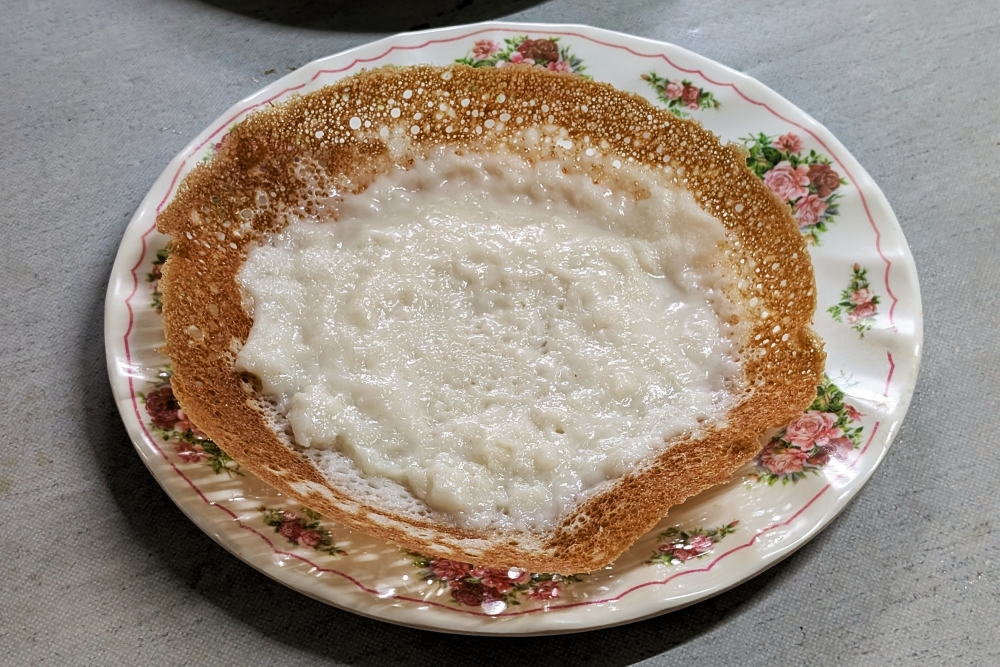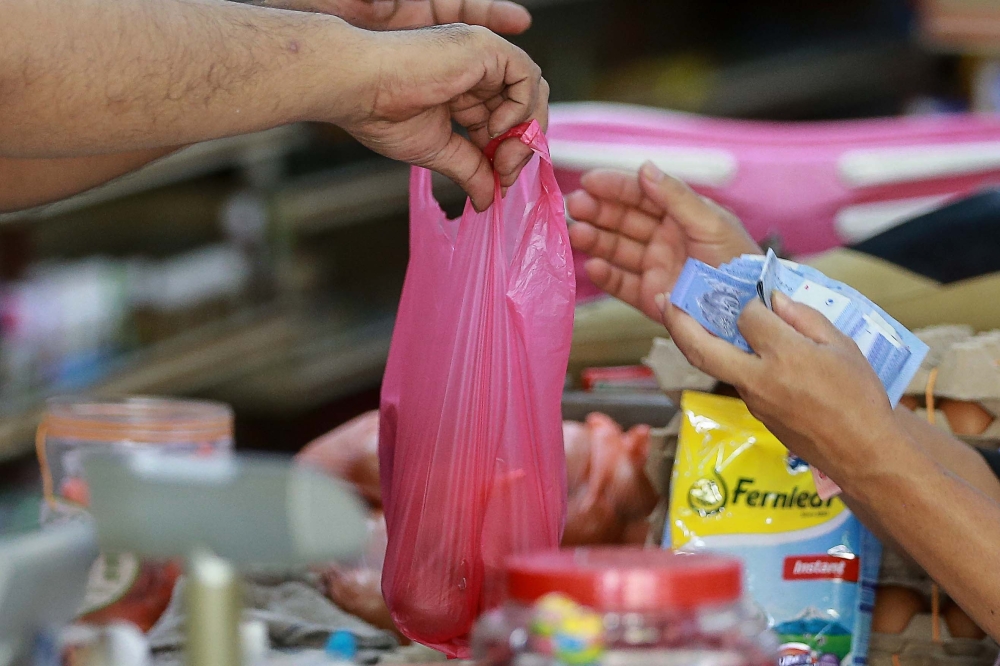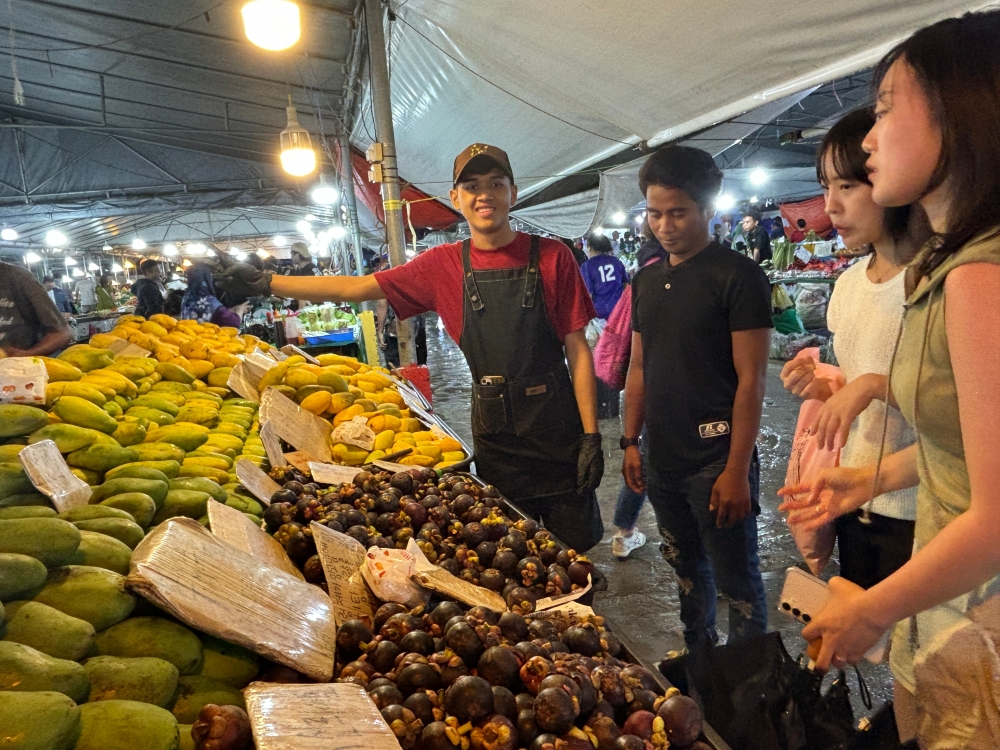KOTA KINABALU, Aug 14 — “Hello! Mangoes!” In Kota Kinabalu’s central night market downtown, 16-year-old Mohd Khaidil Buari calls out to a group of Korean tourists passing by his stall.
He then bursts into a rendition of K-pop girl group Illit’s TikTok hit Magnetic, prompting giggles and awe from the tourists who whip out their phones to record him.
The market is popular among Korean visitors, who are often surprised by the warm welcome they receive as they stroll around the stalls.
Among the stalls of fresh and dried fruits, grilled chicken, and abundant rows of seafood are numerous signs and labels, handwritten in Hangul as well as fluent Korean speaker Khaidil.
Mohd Khaidil, or “Midz” is actually rather famous, known as Mango Boy in Korean and is featured in countless videos all over social media by Korean tourists and locals impressed by his language skills and knowledge of Korean slang, trends and memes.
Originally from Semporna, he came to the state capital with his uncle and grew up playing around the market since he was six years old, picking up the language over the years from the many tourists he has met.
“I learned it from the tourists who visit the market. They taught me and corrected me over time. It helps to be able to talk to people in their language, people are surprised and happy and it makes them feel more comfortable,” he said.
He converses affably with visitors, many of whom would take selfies with him or ask for a video before or after buying his mangoes, mangosteens or other fruits.
Midz is arguably the “celebrity” vendor of the market but several other stall operators and owners are also conversant in Korean and other foreign languages.
The enterprising vendors at the market will do their best to persuade visitors to buy from their stall by speaking Chinese, Japanese, English or Tagalog depending on where they think their visitors are from.
Becoming polyglots for the hustle
Mujid Majuddin is a Suluk from Kudat who can speak six languages, hawking fresh seafood cooked to order, although he does downplay his proficiency in most of them.
He said his other friends working at the same stall do a better job in Chinese and Japanese while he is better in Korean.
“We learnt from the internet — Chinese, Korean, Japanese, English — all the languages of the tourists who come here. It is useful and also, it's quite fun,” he said as he pulled up a YouTube video of his favourite channel.
They would also use Google Translate to correct their accents and pronunciation, and learn the specific names of various types of fish and seafood.
When asked which he thought was the most useful, he answered: “English. In the end, if we are struggling, the fall back is usually English. Many of them will usually speak some English.”
However, one of the vendors, Hartatiey Bahar, actually picked up Korean long before she started working at the night market selling barbecued chicken.
The 30-year-old said that she has been interested in Korean songs since her student days, with her favourite artists including G-Dragon, 2NE1, Sistar and SNSD and K-dramas such as That Winter, the Wind Blows.
“I was so into them back then, I would watch episode after episode and somehow picked up the bits and pieces of the language from there. I did not imagine back then that it would be useful for my business,” she said.
Tatiey, as she prefers to be called, said she tried conversing with some of the tourists who would visit the night market.
At first it was a big struggle as they pointed out her mistakes in pronunciation, but because of daily practice, she would grow to be proficient in the language, and is now able to offer directions, and converse casually about most common topics.
“There was a lot of initial interest in Korean culture for me, it wasn’t just because of work. I have even tried to go for more classes, but it never worked out,” she said.
From the tourists, Tatiey also managed to learn some Mandarin and English, and a little bit of Japanese and Tagalog.
Chinese nationals are the biggest contributor to international tourist arrivals in Sabah, followed by Koreans.



















